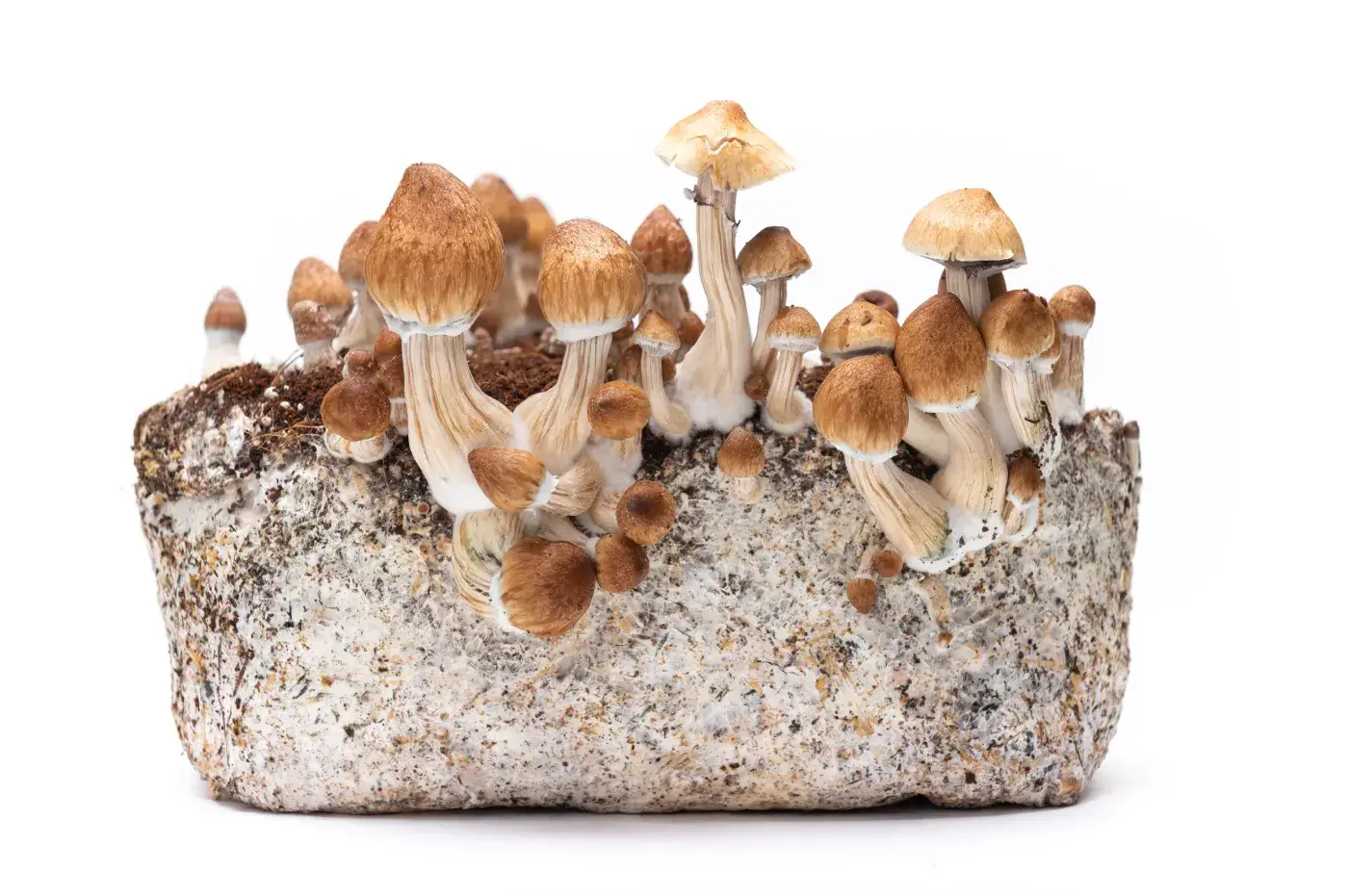The state of Iowa just took a groundbreaking step toward modernizing mental health treatment. On April 21, 2025, the Iowa House of Representatives overwhelmingly passed House File 978, advancing legislation that would create a tightly regulated psilocybin therapy program. This measure positions Iowa among a growing number of states exploring the therapeutic potential of psilocybin for treating PTSD and other mental health conditions.
What the Iowa Psilocybin Bill Proposes
Under the legislation, Iowa would establish a Psilocybin Production Establishment Licensing Board within the Iowa Department of Health and Human Services. This expert panel would oversee the framework for safe, legal administration of psilocybin therapy.
Key Provisions of House File 978
Licensed Clinical Use Only: Psilocybin could only be administered in clinical settings under the supervision of qualified psychiatric professionals.
Patient Cap: Initially, therapy would be limited to 5,000 patients, each of whom must be 21 years or older.
Focus on PTSD: The bill prioritizes access for individuals suffering from PTSD, particularly military veterans, first responders, and law enforcement officers.
Strict Controls: Recreational use remains illegal. Psilocybin would only be available through licensed therapy providers within approved medical facilities.
The bill creates a model similar to Iowa’s medical cannabis program—controlled, medically supervised, and limited to specific health conditions.
Scientific Evidence Supporting Psilocybin Therapy
The growing legislative support for psilocybin therapy isn’t happening in a vacuum—it’s backed by compelling scientific research. In a landmark 2020 study published in JAMA Psychiatry, researchers found that psilocybin-assisted therapy showed a 71% efficacy rate for treatment-resistant depression, significantly outperforming conventional treatments.
Interested in the scientific study of psilocybe species? Explore our research-grade specimens for microscopy and taxonomic study
More recently, research continues to demonstrate promising results for PTSD treatment. A comprehensive review of MDMA-assisted therapy for PTSD and clinical studies on psilocybin’s ability to disrupt maladaptive trauma frameworks show substantial promise for treatment-resistant cases.
Unlike traditional psychiatric medications that often require daily dosing and can cause significant side effects, psilocybin therapy typically involves only 1–3 supervised sessions alongside preparatory and integration therapy.
Why Lawmakers Are Supporting Psilocybin Therapy
Supporters of the measure emphasized the urgent need for alternative mental health treatments, especially for veterans and others battling PTSD. State Rep. John Wills (R), a military veteran who championed the bill, cited research from the Johns Hopkins Center for Psychedelic and Consciousness Research, pointing to psilocybin’s impressive outcomes for PTSD patients.
Rep. Wills’ Statement on Current PTSD Treatments
“I will tell you, right now the only option these veterans have, the only option these people with PTSD have, is to be on mind-altering, life-altering drugs for the rest of their lives. I’m a scientific type of guy… this stuff actually works.”
The move also aligns with broader scientific trends. Recent research on the psychedelic future of PTSD treatment shows growing scientific consensus on therapeutic potential. Although psilocybin is not yet FDA-approved, clinical trials continue to show its potential for treating depression, substance use disorders, and PTSD with remarkable efficacy.
How Psilocybin Could Help PTSD, Depression, and Addiction
Psilocybin is gaining recognition for its unique ability to “reset” neural pathways affected by trauma, depression, and addiction. Unlike many conventional psychiatric medications that require daily dosing, psilocybin-assisted therapy often produces lasting results after just one or two guided sessions.
Potential Benefits Based on Research
Studies from institutions like Johns Hopkins, NYU, and Imperial College London suggest that psilocybin can significantly reduce symptoms of PTSD, alleviate treatment-resistant depression, help patients overcome alcohol and nicotine dependence, and increase neuroplasticity in the brain. By facilitating deep emotional processing and neural connectivity, psilocybin opens new possibilities for patients who have exhausted traditional treatment options.
What This Means for Mycology Enthusiasts and Researchers
At Atlas Spores, we’ve tracked the remarkable evolution of psilocybin research over the past decade. While our focus remains on microscopy and taxonomic study of fungal specimens, we recognize the significant scientific interest in psilocybin-producing fungi species like Psilocybe cubensis.
The Iowa legislation represents an important shift in how these organisms are viewed by the scientific and medical communities. As research expands, so too does our understanding of fungal biology, chemistry, and potential applications.
For mycology enthusiasts following these developments, we recommend exploring our detailed species guides to better understand the diversity and characteristics of various fungi.
What Happens Next: Senate Vote and Beyond
While the Iowa House showed overwhelming support, the bill must still pass the Iowa Senate, where Republican majorities also hold sway. As of now, it’s unclear exactly when the Senate will take up the measure. A spokesperson for Governor Kim Reynolds (R) did not immediately comment on her stance.
If approved by the Senate and signed into law, Iowa would join a growing national movement exploring psychedelic-assisted therapies, following in the footsteps of states like Oregon and Colorado.
Regardless of the immediate outcome, Iowa’s momentum reflects a larger cultural shift: science-backed psychedelics are rapidly moving from the fringe to the forefront of mental health care.
Frequently Asked Questions
Stay Informed on Mycology Research & Legislation
Follow the latest developments in fungal science, psilocybin research, and mycology breakthroughs with Atlas Spores.
Explore Our Complete CollectionA Cautious but Historic Leap Forward
Iowa’s psilocybin therapy bill represents a science-based approach to mental health treatment. It’s about giving hope to those living with severe mental health conditions—hope rooted in clinical evidence and administered with rigorous safeguards. For many veterans, first responders, and civilians suffering from PTSD, it could mark the beginning of a new path toward healing.
Key Resources & Research
- 📊 JAMA Psychiatry: 71% efficacy rate for treatment-resistant depression
- 📊 MDMA-Assisted Therapy Review: Comprehensive PTSD treatment analysis
- 📊 Clinical Psilocybin Studies: Disrupting trauma frameworks research
- 📊 FDA “breakthrough therapy” designation for psilocybin
- 📊 Psychedelic PTSD Treatment: Future therapeutic applications
- 📊 Iowa House File 978: Complete legislative text



